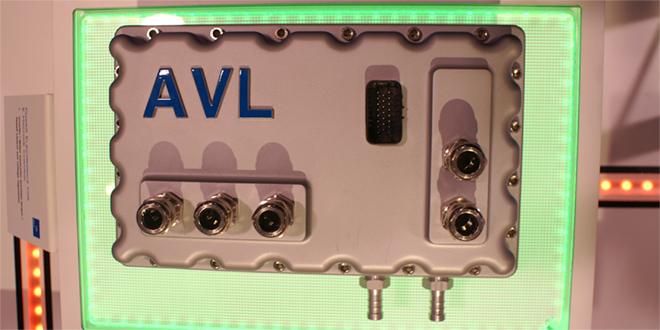Google and the IEEE have launched the Littlebox Challenge – an open competition to design and build an inverter with the highest power density (at least 3.05 kW/L to enter) in a package of less than 0.66 L in volume.
For comparison: The Bosch INVCON 2.3 inverter used in the Fiat 500e has a volume of about 5 liters, while the motor inverter used in the 2010 Prius has peak power density of 11.1 kW/L, and a volume of about 5.4 L.
Applicants must register their team by September 30, 2014, and will be expected to bring a working prototype to a testing facility by October 21, 2015 (detailed requirements and testing procedures can be found here). The grand prize winner, which will be announced in January 2016, will receive a cool million dollars.
“We believe that inverters will become increasingly important to our economy and environment as solar PV, batteries, and similar power sources continue their rapid growth,” says Google. “More broadly, similar forms of power electronics are everywhere: in laptops, phones, motor drives, electric vehicles, wind turbines, to give just a few examples. We expect that the innovations inspired by this prize will have wide applicability across these areas, increasing efficiency, driving down costs, and opening up new uses cases that we can’t imagine today. It also doesn’t hurt that many of these improvements could make our data centers run more safely and efficiently.”
Google and the IEEE are not the only ones to set their sights on better inverters. While the Littlebox Challenge emphasizes size reduction, without targeting a specific application, GM, with major support from the DOE, is working on an automotive-specific inverter, and aims to achieve a balance of cost, power density, specific power, and efficiency.
Source: Green Car Congress



















































